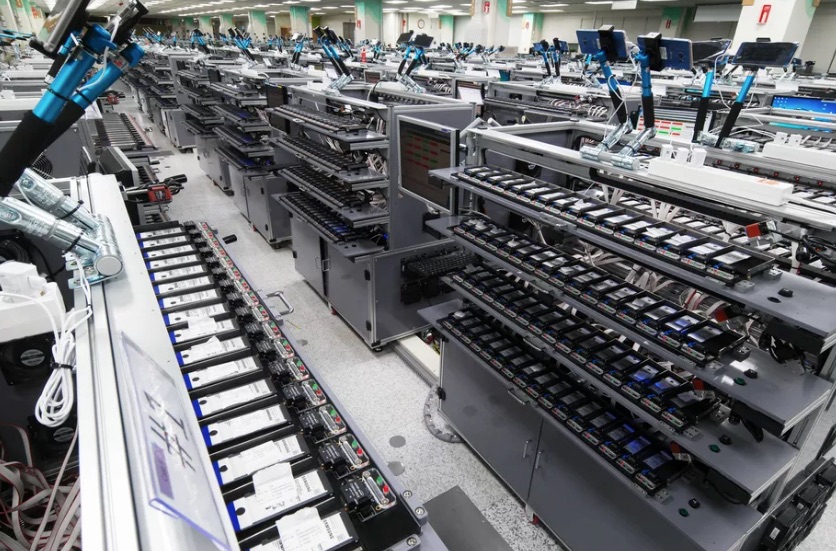Samsung has revealed the results of their in-depth investigation as to what went wrong with the design and manufacturing of their Galaxy Note 7 handsets, some of which caught fire and exploded in user’s homes and offices.

As was leaked last week, the device’s battery was to blame, Samsung went into great detail as to what caused the device to catch fire. The South Korean electronics firm says the handset’s original battery had a flaw in the top-right corner that caused it to tend to short-circuit, while the replacement units contained batteries that were also prone to combustion due of a welding defect. The firm also reported that some handsets were also missing insulation tape.
Samsung supplied a quite informative infographic that explains their findings in great detail. The infographic is available for viewing at the bottom of this page.
Samsung enlisted the aid of two independent testing labs to test over 200,000 Note 7 handsets, as well as 30,000 batteries originally destined for use in the phones. The test involved over 700 engineers who conducted the testing.
The electronics firm built a large-scale testing facility, which allowed them to automate various charging and discharging scenarios, in order to discover what went wrong. Samsung says everything was examined during testing, including software and hardware design, as well as manufacturing and logistics.
The device maker discovered two separate flaws were to blame for the device’s reported fires and explosions, in both the original handsets and the replacement units. In the case of the original run of the Note 7, the device’s battery had a design flaw in the top-right hand corner that made it prone to short-circuiting. The replacement devices that Samsung sent out to customers to fix the issue had batteries that could also catch fire, this time due to a welding defect. In the case of some handsets, the units were also missing insulation tape.
Samsung says that going forward it is introducing an 8-point battery safety check that will include additional testing and inspection. The company will take steps to improve its battery diagnostic and controller software. It will also improve the training for all battery handlers in its assembly and shipping chains. More space will also be allowed around the batteries to protect them from impact-related failers.
Samsung said the changes will take place with the manufacturing and release of its upcoming Galaxy S8, but warned reporters not to expect the device to make its usual appearance at the Mobile World Congress in February. The company did not give an alternative release date for the Galaxy S8, indicating it is taking the time to ensure there won’t be a repeat of the Galaxy Note 7 debacle.
Samsung Allegedly Rushed the Galaxy Note 7 to Market
It has long been believed that Samsung rushed the release of the Galaxy Note 7 in order to beat Apple’s iPhone 7 to market. This lead to the company imposing tighter deadlines on suppliers, which may have then caused the faulty batteries not being discovered before the handset went to market.
Samsung initially announced the recall of some 2.5 million Note 7 handsets in September, saying the fires were caused by a manufacturing process issue at one of its suppliers. However, when replacement handsets which were powered by what Samsung said were safe batteries from another supplier continued to catch fire, the company was forced to halt all sales of the device and recall all of the affected handsets. Samsung’s operating profit is said to have taken a $5.2 billion hit because of the fiasco.



